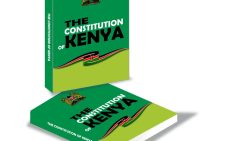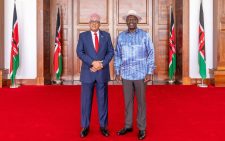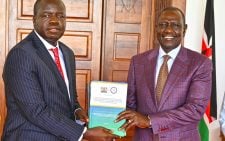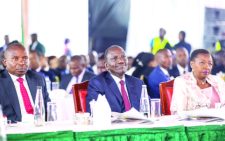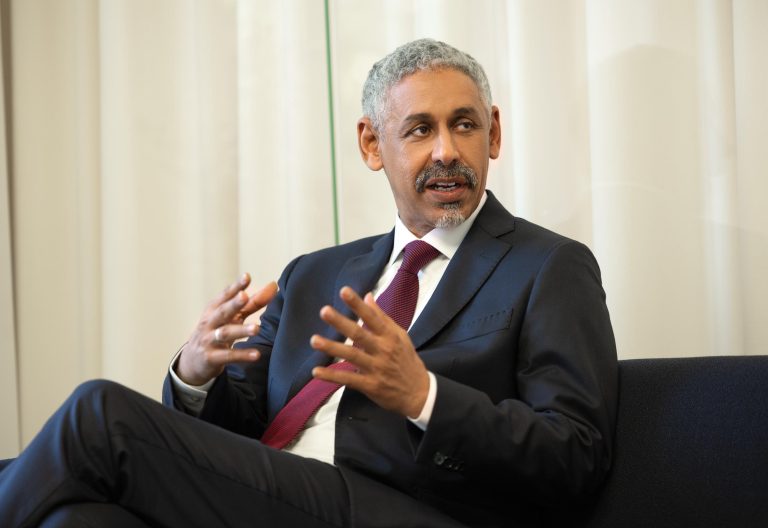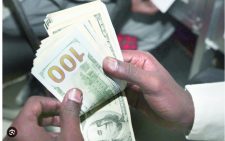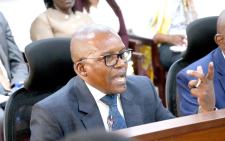Relief at pump as prices of fuel drop on cross-subsidy
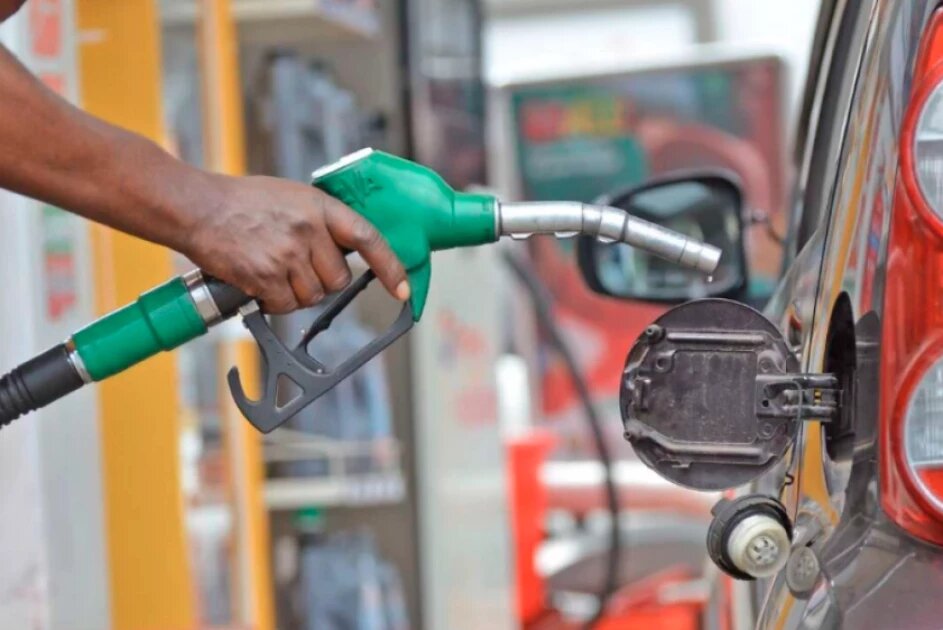
In a move expected to provide a slight reprieve for Kenyans, the government has announced a marginal reduction in pump prices heading to the peak of the festive season. Energy and Petroleum Regulatory Authority (Epra) announced the adjustments in pump prices yesterday in response to the prevailing global oil market conditions.
The review for the December to January cycle will see the cost of super petrol decreasing by Sh5, bringing the new price to Sh212.36 per litre in Nairobi.Diesel, a crucial fuel for various sectors, will experience a drop of Sh2, setting its price at Sh201.47 per litre. Kerosene, which is often relied upon by poorer households for cooking and lighting, will retail at Sh4.01 lower at Sh199.05 per litre.
“The price of diesel has been cross-subsidised with that of Super Petrol and in order to further cushion the economy, the government has opted to stabilise the resultant diesel price,” Epra said. “Treasury has identified resources within the current resource envelope to compensate our marketing companies,” said Daniel Kiptoo, Epra Director-General.
The energy sector regulator revises fuel prices on the 14th day of every month but this review comes at a time when a dip in international prices of fuel have been met with an increase in Kenya, even as countries like Tanzania and Rwanda decreased the cost of the commodity.
In Epra’s November 14 review, the price of super petrol remained at a high of Sh217 but the price of diesel and kerosene was slightly reduced by Sh2 per litre to Sh203.47 and Sh203.06 respectively in Nairobi. Prices fixed by the regulator had raised concerns as the international cost of fuel has been fluctuating over the last six months, falling drastically to $804 per metric tonne in October – the lowest since May this year – yet the decline is yet to be reflected in Kenya.
This also comes in the backdrop of what is seen now as a policy move by President William Ruto to drop cost of fuel. Speaking in Ndia, Kirinyaga County last month, he hinted that fuel prices will go down every subsequent month.
“We have looked for ways to ensure fuel prices do not go past a certain point, many Kenyans will suffer,” Ruto said.
“The prices will reduce further next month and more and more in the following months until we ensure we can run our economy appropriately.” Pressure from a recent legal move by an activist group challenging the recent increase of oil prices by Sh200 per litre also intensified heat on the government.
“The fuel prices in Kenya have recently reached historical highs, causing concern and economic strain for both citizens and businesses with the recent announcement seeing petrol prices surpassing 200 shillings per litre for the first time ,” reads the petition by Kituo Cha Sheria. Representing the voice of frustrated citizens, the lobby filed a petition seeking to halt the government, acting through Epra, from further raising the prices of petroleum products.
Elevated prices had sparked concerns among citizens and businesses alike, prompting the legal challenge to ensure fair pricing practices. “It’s a difficult one because the shilling has been depreciating compared to other currencies. However, I think they can look at the taxation and see if they can reduce taxes,” said economist and businessman Robert Shaw.
The one other key question is whether the government will meet its intended objective of collecting Sh50 billion from the enhanced VAT on petroleum products that had been intended for road infrastructure.
